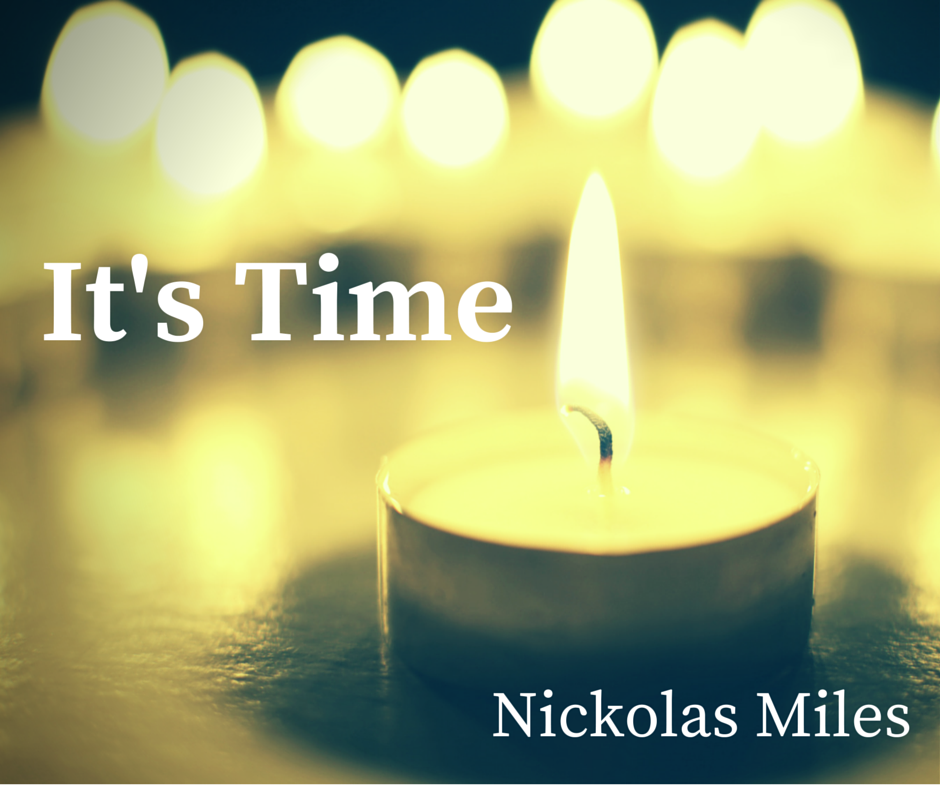In the fifth part of our series, Nickolas Miles shares his perspective.
Last month, general secretary Tom De Vries responded to recent grand jury decisions in Ferguson and New York, related to the deaths of African American men. In his response, he wrote, “I will be inviting the voices of African American leaders, as well as Hispanic and Asian leaders, to share with us their personal perspective in the current case of inequality, and how the majority can listen and respond…We will provide opportunity to learn and to listen, gaining support for a united effort of the oneness of the people of God in all places, loving one another.”
Now, it is time to listen to these voices.
Time to Listen: Nickolas Miles
Galatians 3:28 says, “There is no longer Jew or Greek, there is no longer slave or free, there is no longer male and female; for all of you are one in Christ Jesus.” When will those words be fulfilled? When will we be able to say, “It’s about time?” I pray each day that those words would come into fruition. And yet, racism still exists and we have a long way to go in changing attitudes of people. I am writing this on a day set aside to honor Martin Luther King, Jr. In a commentary, Levi Rickert, tribal citizen of the Prairie Band Potawatomi Nation and editor of Native News Online, quotes Martin Luther King, Jr.’s book, Why We Can’t Wait:
Our nation was born in genocide when it embraced the doctrine that the original American, the Indian, was an inferior race. Even before there were large numbers of Negroes on our shores, the scar of racial hatred had already disfigured colonial society. From the sixteenth century forward, blood flowed in battles over racial supremacy. We are perhaps the only nation which tried as a matter of national policy to wipe out its indigenous population. Moreover, we elevated that tragic experience into a noble crusade. Indeed, even today we have not permitted ourselves to reject or to feel remorse for this shameful episode. Our literature, our films, our drama, our folklore all exalt it.
Rickert then writes, “Sadly, so much of what Dr. King wrote over 50 years ago still rings true even today for American Indians.” I can also speak to the truth of this. Sometime back in the 1920s, my grandfather escaped the reservation in Virginia because of racial integrity laws that resulted in a multitude of injustices for native people in Virginia. He moved north to New York and then New Jersey, where discrimination wasn’t as rampant. However, I am aware of numerous injustices and inequality still rampant today for several native nations in the United States and Canada. Many are judged on the basis of their skin, culture, and ethnic identity. What happened in Ferguson and New York City also happens often in Native American country. It is a horrendous commentary on humanity and we need to confess our part if our attitude is, “Well, that’s life.”
As Martin Luther King, Jr., said, “We must learn to live together or perish as fools.”
As native people, we are taught that we are interrelated with all of life. We owe our existence to the Creator and we have a responsibility to care for one another and all of creation. We are to love God and our neighbors as ourselves. That means we need to step up efforts to speak for those unable to do so or afraid to do so because of repercussions. We are to be the advocates for policies of justice and respect for all people, regardless of sex, age, color, ethnicity, etc. We are to “do justice, love mercy, and walk humbly” as God’s disciples and apostles.
Nickolas M. Miles is coordinator of Native American/Aboriginal ministries for the RCA.





